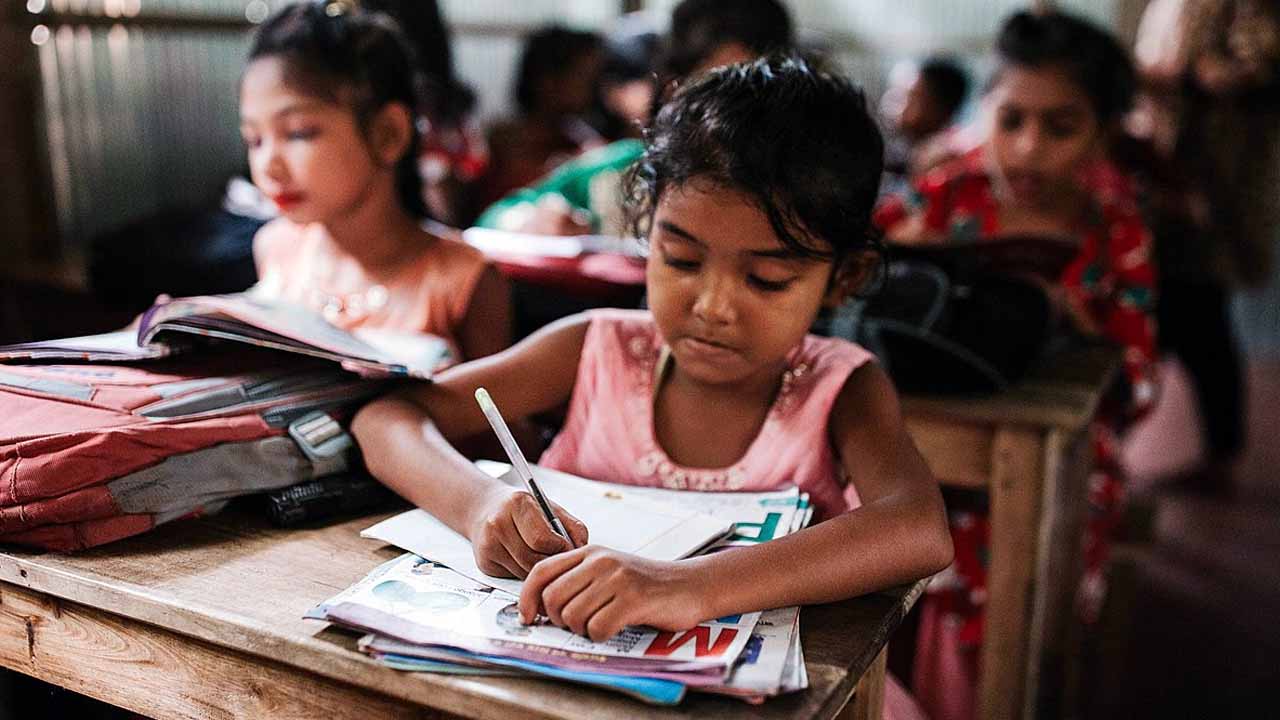UN Secretary-General António Guterres recalled that at the peak of the pandemic, about 1.6 billion schoolchildren and students were forced to interrupt their studies, and the virus is still not receding.
“If we do not take action, in developing countries, the proportion of children who drop out of school and cannot read could increase from 53 percent to 70 percent,” Guterres warned in his message on the occasion of International Education Day. “However, the crisis in education goes beyond issues of access to education and inequality.”
He noted that the world today is rapidly changing – unprecedented transformations are taking place in the labour market, extreme climatic events have become more frequent, people are losing confidence in government institutions. The head of the UN believes that education systems must take into account these and other trends in order to give children the knowledge, skills and values necessary to build a greener, safer and better future for all.
He recalled that education is one of the most important public goods and an essential tool for the implementation of the entire 2030 Agenda for Sustainable Development.
“The international community cannot afford to remain indifferent to issues related to the provision of education, its quality and the relevance of its content,” the UN head is convinced. “That’s why I’m convening this year’s Education Transformation Summit.” The Education Transformation Summit will be the first event where world leaders, young people and all stakeholders involved in education come together to address these fundamental issues, the UN chief said.
António Guterres called for a “collective commitment to education” to be rekindled – to direct resources towards the implementation of comprehensive plans to help students recover from a break in their studies; make education a central component of broader recovery efforts to transform economies and societies and accelerate progress towards sustainable development; and show financial solidarity with developing countries.


























